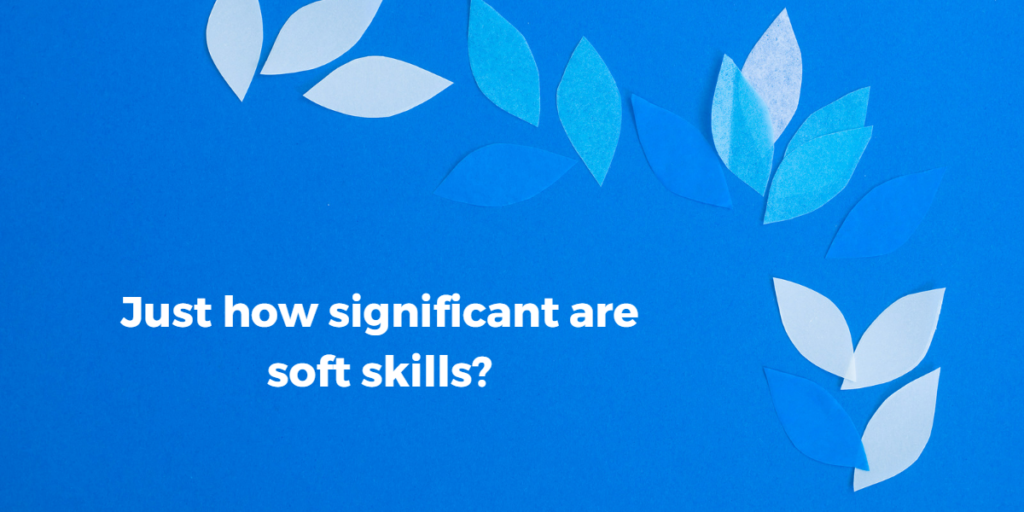Soft skills are character traits and interpersonal abilities that have an impact on a person’s ability to collaborate or engage with others. A broad spectrum of abilities, including teamwork, time management, empathy, and delegating, are referred to as “soft talents.” These soft talents are crucial, but their value is frequently underestimated, and there is much less training available for them than for hard abilities.
Soft skills are character traits that affect how effectively you work or connect with others. Building relationships with individuals, developing dependability and trust, and managing teams are all made simpler by these abilities.
In essence, they are crucial to your professional achievement as well as the success of your business and personal lives.
Soft skills can be improved with practice. It can also have a significant return on investment (ROI) for your career if properly mastered.
It is crucial to recognize our genuine capabilities and work on those that complement our objectives both now and in the future. Without that focus, everything else will seem routine. Even if we realize that we aren’t very good at something but that it is necessary for our goals, that realization alone might motivate us to change and step outside of our comfort zone. Although hard skills help you get employed, soft skills have the highest return on investment in terms of job success.
One of the abilities with the best ROI would be the ability to continuously learn. This ability will keep you competitive among your peers as the world becomes more and more technologically advanced; otherwise, you risk falling behind and finding it difficult to catch up.
Most sought-after soft talents, according to LinkedIn research:
- Communication \organization
- Teamwork
- Critically analyzing
- Social abilities
- Creativity
- Relational interaction
- Adaptability
